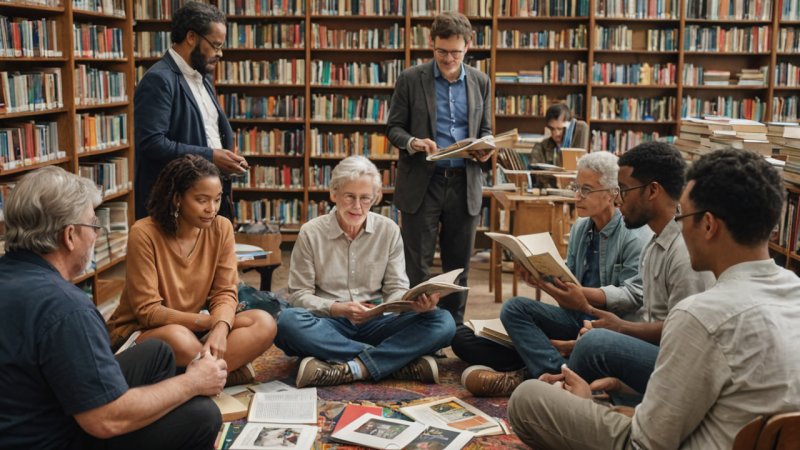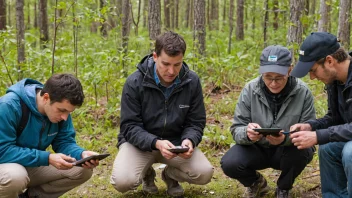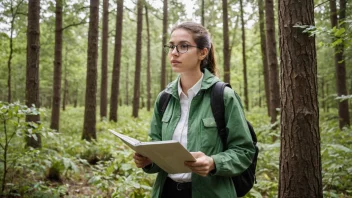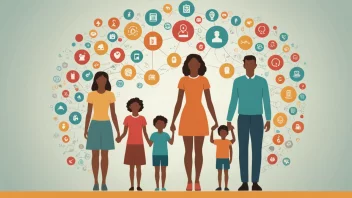In an increasingly fragmented world, the importance of social cohesion cannot be overstated. The humanities, encompassing disciplines such as literature, philosophy, history, and the arts, offer profound insights into the human experience, helping to bridge divides and foster understanding among diverse communities. As we navigate the complexities of modern society, the humanities play a crucial role in promoting empathy, critical thinking, and a sense of belonging, ultimately contributing to a more harmonious and inclusive society. This article delves into the multifaceted ways in which the humanities enhance social cohesion, exploring their impact on individual and collective identities, the promotion of dialogue and understanding, and their potential to inspire social change.
Understanding Identity Through the Humanities
The humanities provide a lens through which we can explore and understand the intricate tapestry of human identity. Through literature and history, we gain insight into the experiences of different cultures and communities, allowing us to appreciate the richness of diversity. For instance, novels and poetry can illuminate the struggles and triumphs of marginalized groups, fostering empathy among readers who may not share those experiences. By engaging with these narratives, individuals can reflect on their own identities in relation to others, promoting a sense of shared humanity.
Moreover, the study of history reveals the interconnectedness of various societies, highlighting how past events shape contemporary realities. Understanding historical injustices, for example, can motivate individuals and communities to work towards reconciliation and social justice. In this way, the humanities not only help us understand who we are but also encourage us to consider our responsibilities towards others.
Fostering Dialogue and Understanding
The humanities are instrumental in fostering dialogue and understanding among individuals from different backgrounds. Through the study of philosophy and ethics, individuals are encouraged to engage in critical discussions about values, beliefs, and moral dilemmas. This process of dialogue is essential for building bridges between communities, as it allows individuals to articulate their perspectives while also listening to and learning from others.
In addition, the arts serve as a powerful medium for expression and communication. Art exhibitions, theater performances, and music festivals often bring together diverse audiences, creating opportunities for interaction and exchange. These cultural events can challenge stereotypes and promote empathy by presenting stories and experiences that resonate with a wide range of individuals. By participating in these shared experiences, people can find common ground and develop a greater appreciation for one another's differences.
The Humanities as a Catalyst for Social Change
Beyond fostering understanding, the humanities can also act as a catalyst for social change. Many movements for social justice and equality have been driven by the ideas and expressions found within the humanities. For example, literature has historically played a significant role in advocating for civil rights, gender equality, and environmental justice. Writers and thinkers have used their platforms to challenge the status quo, inspire action, and mobilize communities towards collective goals.
Moreover, the humanities encourage critical thinking, enabling individuals to question societal norms and injustices. By cultivating a sense of inquiry and reflection, the humanities empower individuals to become active participants in their communities. Whether through activism, community engagement, or artistic expression, the insights gained from the humanities can inspire individuals to envision and work towards a more just and equitable society.
Education and the Humanities
Education in the humanities is vital for nurturing social cohesion. By incorporating humanities education into school curricula, students develop essential skills such as critical thinking, empathy, and cultural awareness. These skills are crucial for navigating an increasingly diverse and interconnected world. Furthermore, humanities education encourages students to engage with complex social issues, fostering a sense of responsibility and agency.
Programs that promote interdisciplinary learning, where students explore the intersections of the humanities with other fields such as science and technology, can also enhance social cohesion. For instance, examining the ethical implications of technological advancements through a humanities lens can lead to more thoughtful and inclusive approaches to innovation. Such educational initiatives not only enrich students' understanding of the world but also prepare them to contribute positively to society.
Challenges and Opportunities
Despite the evident importance of the humanities in promoting social cohesion, they often face challenges in terms of funding, public perception, and prioritization within educational institutions. In a world that increasingly values STEM (science, technology, engineering, and mathematics) disciplines, the humanities can sometimes be seen as less relevant or vital. However, this perspective overlooks the essential role that the humanities play in fostering critical thinking, creativity, and social awareness.
To address these challenges, advocates for the humanities must continue to demonstrate their relevance in contemporary society. By showcasing successful initiatives that highlight the impact of the humanities on community building and social change, we can inspire greater investment and support for these disciplines. Additionally, collaborations between humanities scholars and community organizations can create meaningful opportunities for engagement and dialogue, furthering the mission of promoting social cohesion.
Conclusion
The humanities are indispensable in promoting social cohesion in our diverse and complex world. Through their exploration of identity, fostering of dialogue, and potential to inspire social change, the humanities provide valuable tools for building understanding and empathy among individuals and communities. As we face pressing social challenges, it is crucial to recognize and support the role of the humanities in creating a more cohesive society. By investing in humanities education and initiatives, we can cultivate a culture that values diversity, encourages dialogue, and ultimately works towards a more inclusive and harmonious future.






